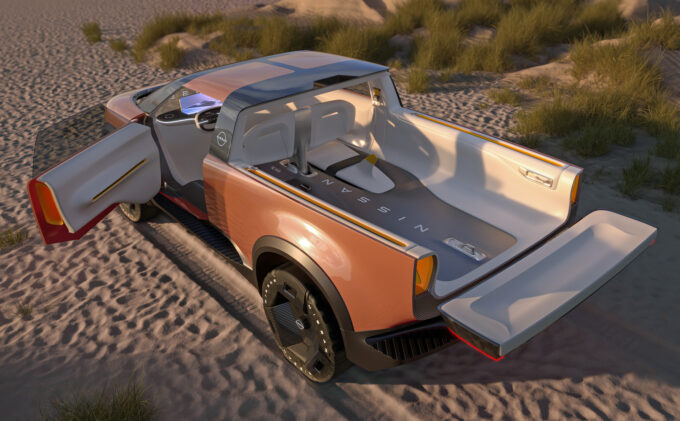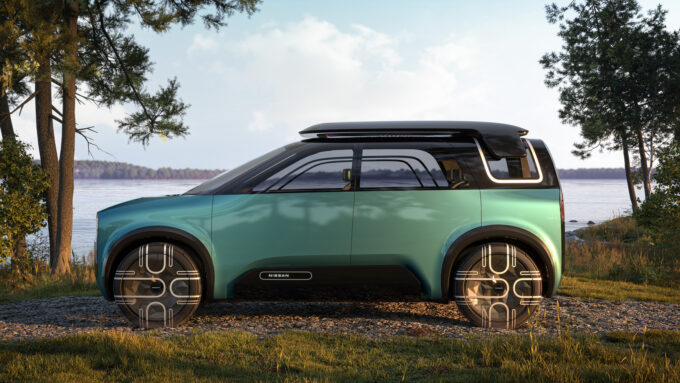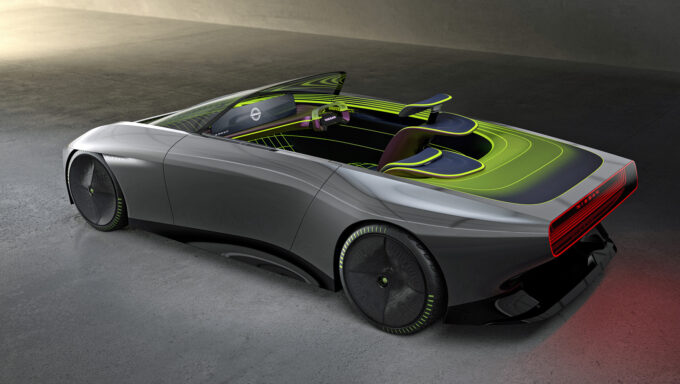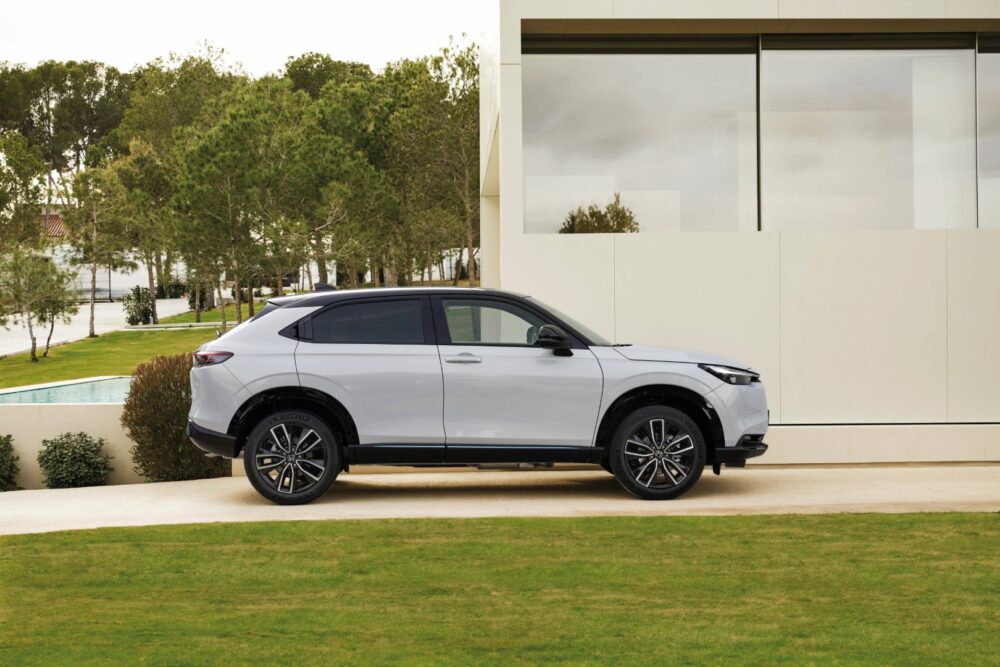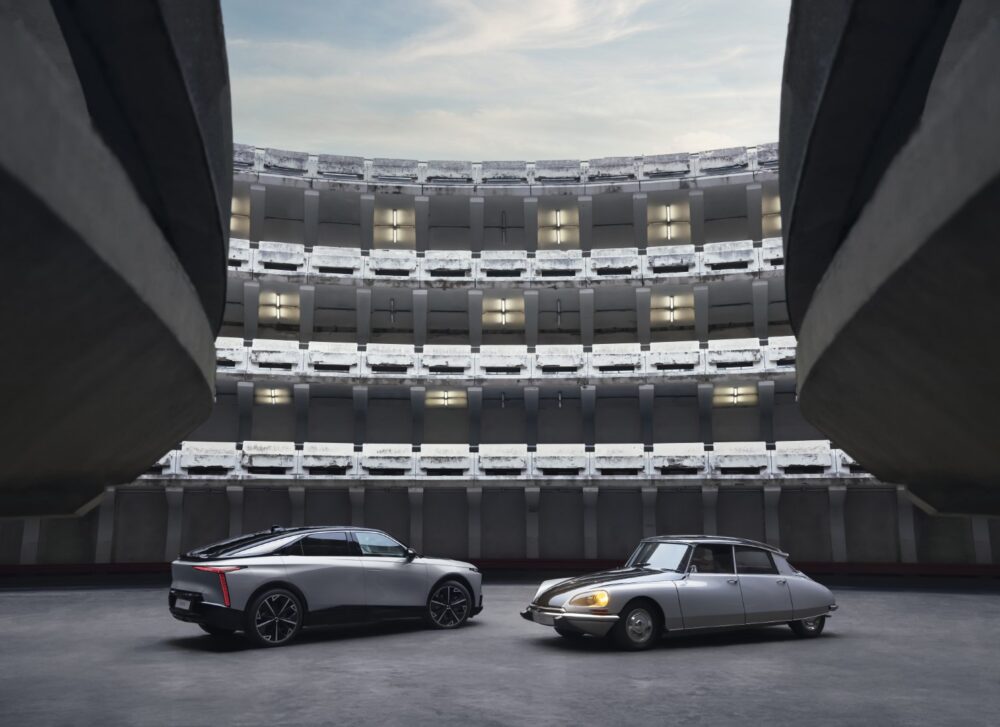Nissan: Outlook up to the year 2030
MOBILITY OF THE FUTURE With investments of around 15.5 billion euros, Nissan Motor is developing 23 electrified vehicles as well as new technologies such as the solid-state battery over the next five years.
Nissan is positioning itself for the future. With the vision "Nissan Ambition 2030", the Japanese automaker has presented its new long-term corporate strategy.
In addition to a new kind of customer experience, an intelligent ecosystem for integrated mobility is to be established
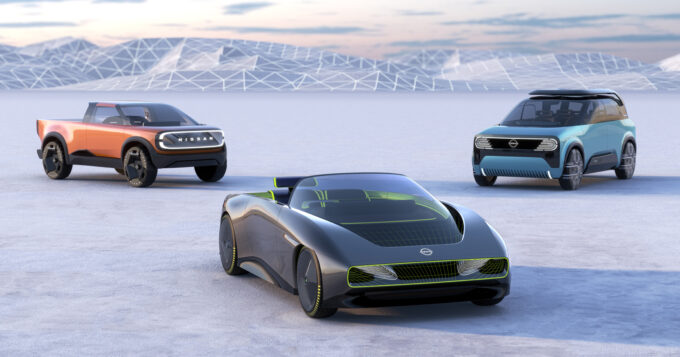
Three concept vehicles in one fell swoop
Over the next ten years, Nissan will launch new electrified vehicles and technical innovations and expand its activities worldwide. The goal thereafter is to offer climate-neutral products over the entire life cycle by 2050. Electrification is at the heart of "Nissan Ambition 2030".
23 new electrified models by 2030
By fiscal 2030, 23 new electrified models will be introduced, including 15 pure electric cars. With the introduction of 20 new models with electric and e-Power hybrid powertrains, Nissan aims to increase the E share in all major markets as early as 2026.
Now the company has unveiled the three new concept vehicles Max-Out, Hang-Out and Surf-Out. They embody the next generation of the electrified future. The studies show the possibilities that Nissan intends to offer with a wide range of new vehicles and ecosystems.
The hope is the solid-state battery
Nissan plans to further develop the lithium-ion battery and also introduce a cobalt-free solution to reduce costs by 65 percent by 2028. By then, electric vehicles will also roll onto the market with the company's own solid-state batteries. A pilot plant is already being built near the company's headquarters in Yokohama by 2024.
Developers expect this new battery technology to deliver more power and range, as well as shorter charging times. Nissan also expects the cost of this type of battery to drop to $75 per kilowatt hour by 2028. To meet the growing demand for electric vehicles, Nissan plans to establish a global battery supply system.
Competitiveness of electric vehicles
In addition to new technologies, Nissan will localize manufacturing and procurement to increase the competitiveness of its electric vehicles. To meet the increased pace of innovation, the company will hire more than 3,000 research and development employees worldwide.







